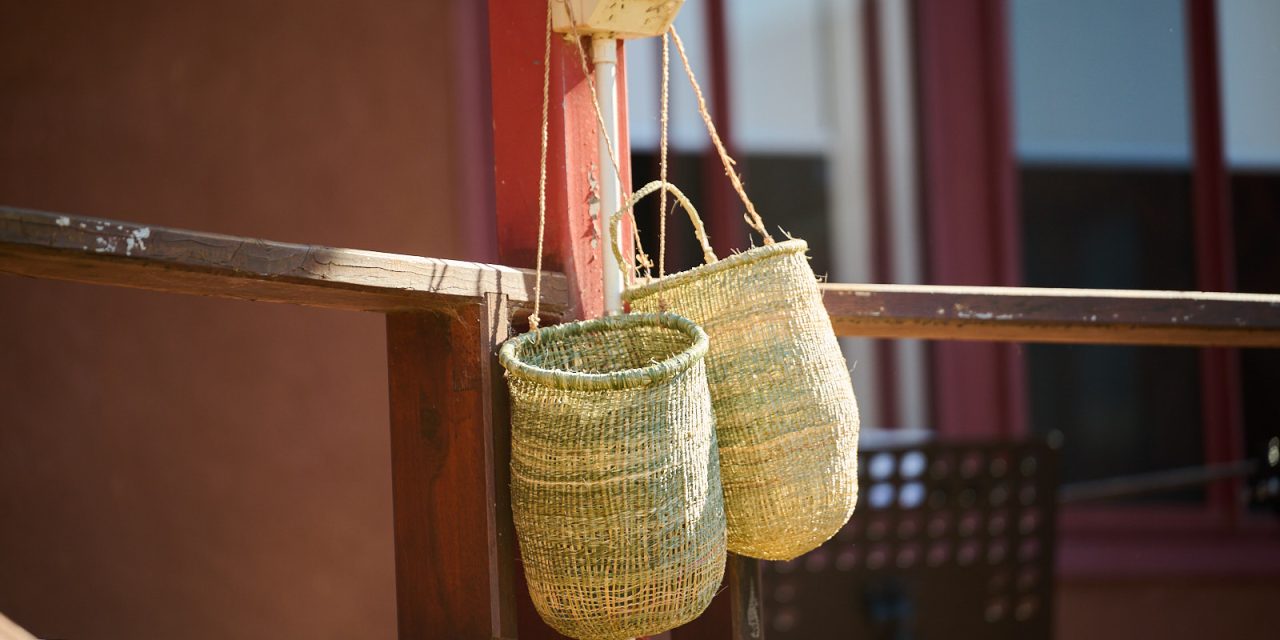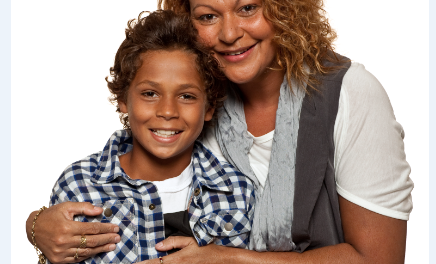A first-of-its-kind study exploring cancer in Aboriginal and Torres Strait Islander communities has begun data collection.
The Kulay Kalingka study led by The Australian National University (ANU) will gather information about Aboriginal and Torres Strait Islander peoples’ experiences of cancer where no data currently exists.
Launched at Wiradjuri Condobolin Corporation in Condobolin NSW, the study will fill important gaps in understanding experiences of cancer — the fourth leading cause of burden of disease for Aboriginal and Torres Strait Islander people.
“The Kulay Kalingka cancer study arose from Aboriginal and Torres Strait Islander community needs, to better understand cancer attitudes, beliefs and experiences and from calls for the inclusion of First Nations patients, families and communities in cancer research,” said ANU Professor Ray Lovett, a Ngiyampaa/Wongaibon epidemiologist.
“The study has been designed by the Aboriginal and Torres Strait Islander community over two years. Community partners have raised access to appropriate information and screening along with culturally appropriate treatment as important to achieving health equity.”
Funded by the Australian Government through Cancer Australia, it’s the first cancer study designed, governed and controlled by Aboriginal and Torres Strait Islander people.
The study is being led by the Aboriginal and Torres Strait Islander research team at the ANU National Centre for Aboriginal and Torres Strait Islander Wellbeing Research.
While Australia’s cancer survival rates are among the best in the world, Aboriginal and Torres Strait Islander people experience higher incidence and cancer mortality rates, and lower participation rates in bowel, breast, and cervical cancer population screening programs.
The collection of up to 3,000 stories told by Aboriginal and Torres Strait Islander peoples as part of this study will provide the evidence needed to inform government policies, programs and services to improve cancer outcomes.
“The Australian Government welcomes the next stage of the Kulay Kalingka cancer study as an important addition in our efforts to address cancer control for all Australians,” Senator the Hon Malarndirri McCarthy, Assistant Minister for Indigenous Health said.
“Improving the health of our First Nations people and Closing the Gap is a national priority, including understanding and improving cancer outcomes in the cities, towns and the bush.”
The results of the study will inform the implementation of the recently released Australian Cancer Plan.
“Achieving equity in cancer outcomes for Aboriginal and Torres Strait Islander people is the most significant ambition of the soon to be released Australian Cancer Plan,” Professor Dorothy Keefe, CEO of Cancer Australia said.
Further information about the study is available at https://nceph.anu.edu.au/research/projects/kulay-kalingka-study.
Kulay Kalingka translates to “net bag in the water” in the Ngiyampaa (Wongaibon) language. Woven net bags have been used by rainforest Bama (peoples) to process highly toxic foods, whereby foods are placed in net bags and run through a slow moving
stream to leach out their toxins and make them safe over time.
This concept is woven into the Kulay Kalingka Study: the net bag is symbolic of how people and families fighting cancer can include Aboriginal and Torres Strait Islander health and wellbeing concepts for cultural, medicinal and spiritual healing, alongside clinical treatments.











